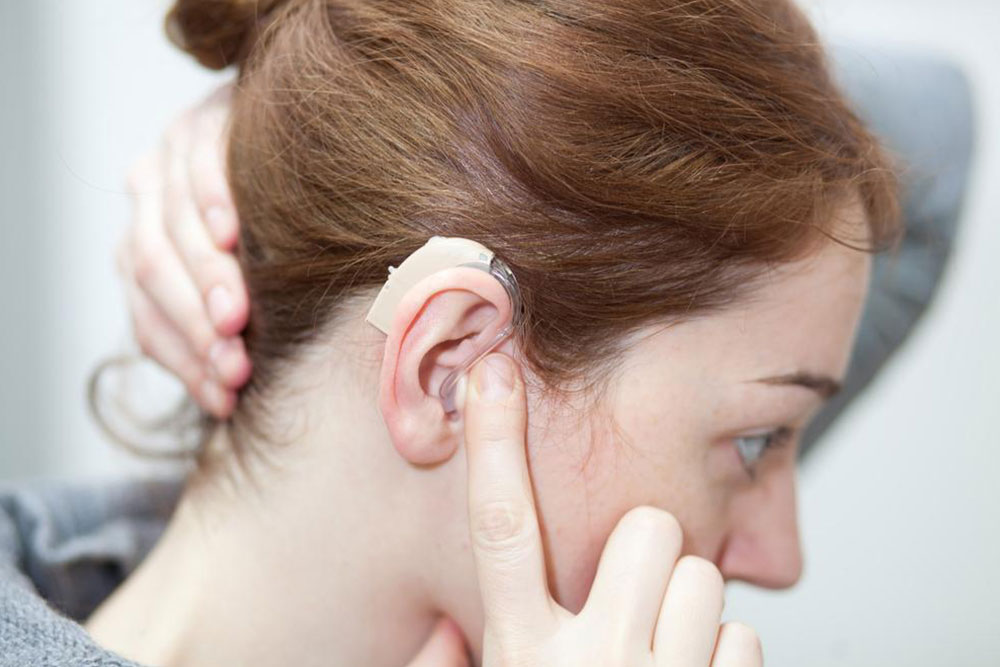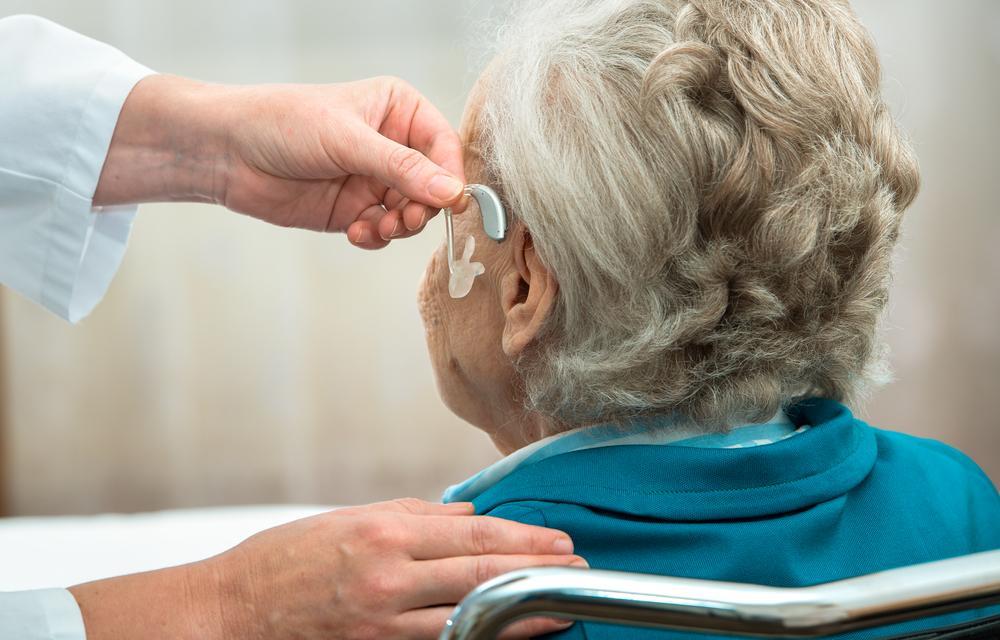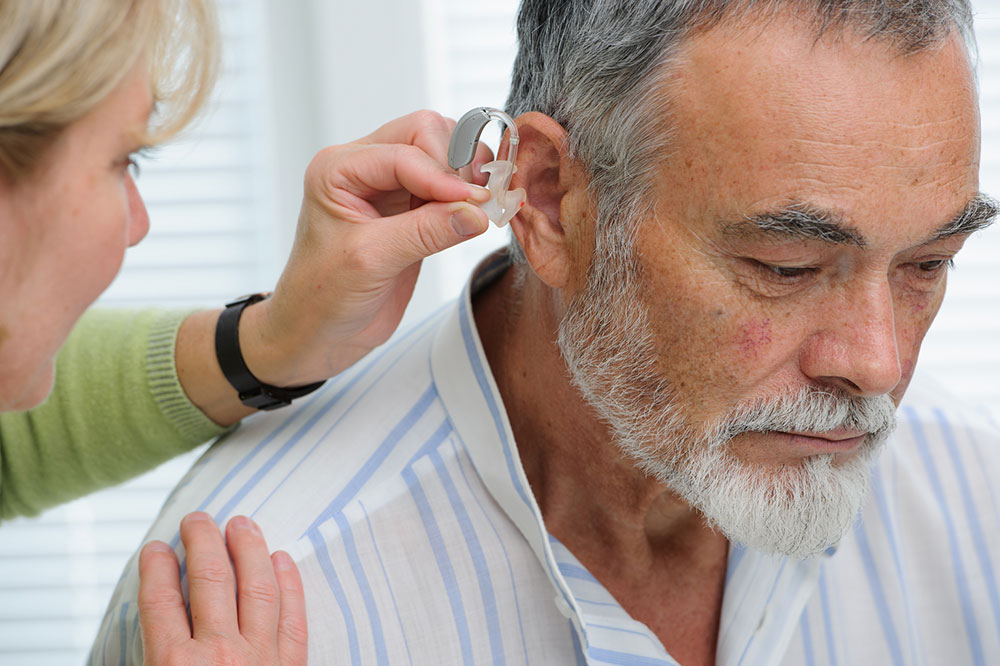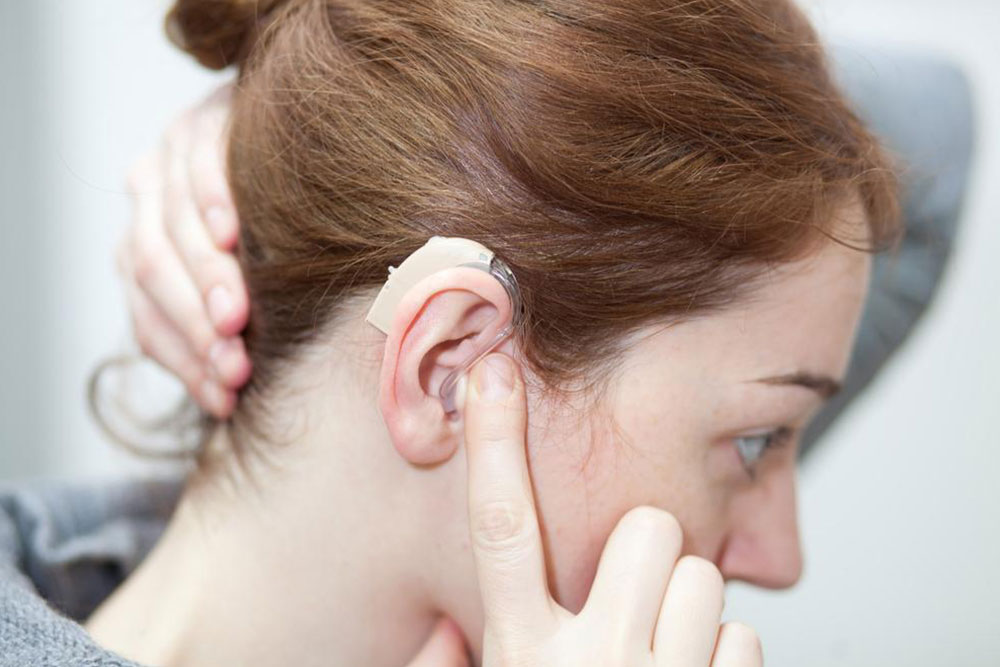Are You Susceptible to Hearing Loss? Discover the Signs and Risks
Discover the key risk factors and early signs of hearing loss. Learn how age, exposure to loud noises, genetics, medication, and illnesses can affect your hearing. Recognizing symptoms early and seeking proper treatment like hearing aids or medical procedures can prevent further deterioration and enhance your quality of life. Protect your ears in noisy environments and consult healthcare professionals if you notice hearing difficulties. Maintaining auditory health is vital for effective communication and overall well-being.

Hearing impairment can develop regardless of how perfect your hearing may be at birth. Over time, your ability to perceive conversations and sounds may diminish, leading to hearing loss — a common but irreversible condition. Luckily, hearing aids can enhance auditory clarity by amplifying external sounds.
Several factors increase the likelihood of developing hearing issues, including:
Age: As you age, the delicate structures within your inner ear weaken, increasing the risk of hearing problems.
Prolonged exposure to loud noises: Consistent exposure to sounds above 80 decibels, especially between 80-110 decibels, can harm inner ear cells.
Sudden exposure to extremely loud noises, like explosions, can cause temporary or lasting hearing damage. Wearing ear protection in noisy environments is essential.
Genetics: Hearing loss tends to run in families; if your parents experience it, your chances rise.
Medications: Certain antibiotics, chemotherapy drugs, high-dose painkillers, and aspirin may damage your auditory system or cause temporary ringing.
Health conditions: Diseases such as meningitis can harm the cochlea, impairing hearing.
Recognizing early symptoms helps in timely diagnosis and treatment, which may include hearing aids, surgical options, or cochlear implants—particularly when ear blockages or inner ear damage occur.
Be alert to signs like muffled sounds, difficulty distinguishing speech, trouble understanding consonants, and needing louder volumes on devices. Ignoring these symptoms can lead to social withdrawal, emotional distress, and psychological issues like depression. Proper treatment preserves hearing and maintains quality of life.
Our range of hearing aids and medical interventions can support those experiencing hearing difficulties. Early detection is key to managing and improving auditory health effectively.
Note: The information provided aims to educate and inform, but should not replace professional medical advice. Always consult a healthcare provider for accurate diagnosis and personalized treatment options.










